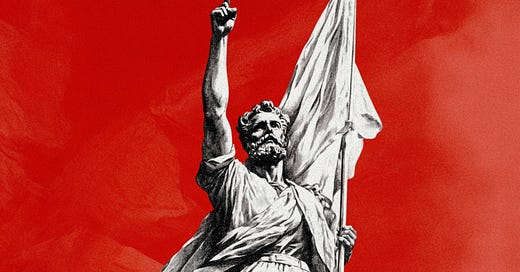The word “capitalism” gets thrown around a lot—so much so that we often assume we know what it means without bothering to define it in our conversations.
At its core, capitalism is the ideology that prioritises capital as the key driver of economic systems, rather than other factors like military expansion or government spending.
But what is capital?
Here’s a definition from the Oxford English Dictionary:
Capital: [uncountable] wealth or property owned by a business or a person that can be invested or used to start a business.
Investing in the stock market, renting out a property, and earning interest in a bank are all examples of how average people in countries like Australia participate in capitalism.
This makes modern capitalist societies fundamentally different from many older ones, such as the fiefdoms of medieval Europe. When a local lord collected taxes, he often used the wealth to raise armies, build fortifications, throw festivals, or fund crusades. These activities weren’t capitalistic because they didn’t (directly) boost the economic productivity of the fiefdom.
The key difference between capital and general wealth, money, or property is how it’s put to use. Contrary to popular belief, buying a BMW or splurging on an Italian holiday aren’t examples of capitalism—they’re examples of consumerism.
Capitalism is using wealth to generate more wealth—by investing in stocks, factory equipment, bonds, or even a neighbour’s small business.
Words matter, and we use so many without a tight understanding of their actual meanings.
Anyway, until tomorrow.
— Errol Bloom




